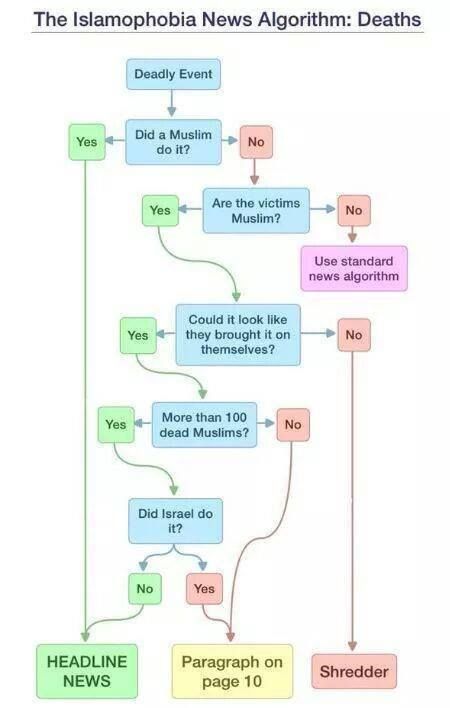I was not referring to the arguments why I thought they were apostates. Rather that others, specifically Islamic scholars do and have made such statements, members or former members of The Ulema in Saudi Arabia being the most notable, Sa’d Al-Shathri and the aforementioned Abdulaziz Al al-Sheikh both being considered as having the sufficent authority to make such judgements. It's why I asked the question about heresy that you have missed...as I do not know your own opinion as you haven't given it and have yet to answer the question I asked, it is becoming a one way conversation until you say whether you accept Ulema as having sufficent knowledge or not. (I accept the nature of Islam means that opinions will vary)
Also in response to any Muslim being apostate simply for not following general tenets such as alcohol etc, there is a tonne of jurisprudence on this and you cannot apply such a broad picture on it.
For example, Whereas one act may countenance apostasy, another may not. As I said it isn't really for any Muslim to say if we go by the Quran alone, which technically would make ISIS apostates by default but to say lapses in everyday practices is equal to burning other Muslims or the various other atrocities ISIS commit regularly with regard to whether an Ulema would consider them apostate is not a very realistic assumption or basis for counter.
However, back to the basic point, Islamic juris isn't straight forward this is clear, however basic arguments can be easily made based on historical precedents and more complex ones can be made using juris as to the heretical nature of ISIS, as I pointed out, opposing arguments can also be made. Dependent upon various considerations of the individual ideologues, sect, and politicisation would significantly impact acceptance of either. Such is the nature of Islam and its decentralised system that doesn't share an authoritative clerical system like we see in Catholicism for example.
As far as the arguments I made, they were intentionally vague for the reasons I gave, saying they are ambiguous is a little unfair. If you wish I can (perhaps tomorrow) offer a far longer, more specific account of how someone may justify ISIS being heretical...using Figh and historical precedent. I specifically didn't do this and said as much to forestall such a retort, but if you feel it's necessary because of ambiguity I can do so. (I could probably do the opposite as well)
But at the end of the day, you can reasonably justify both points of view...as in whether ISIS are, by action, Apostate as AK22 says or as you say they are Muslim regardless unless they say otherwise, but it's spurious to suggest seriously that a lapsing Muslim would have an equal exposure to apostasy as someone who burns other Muslims for example.




